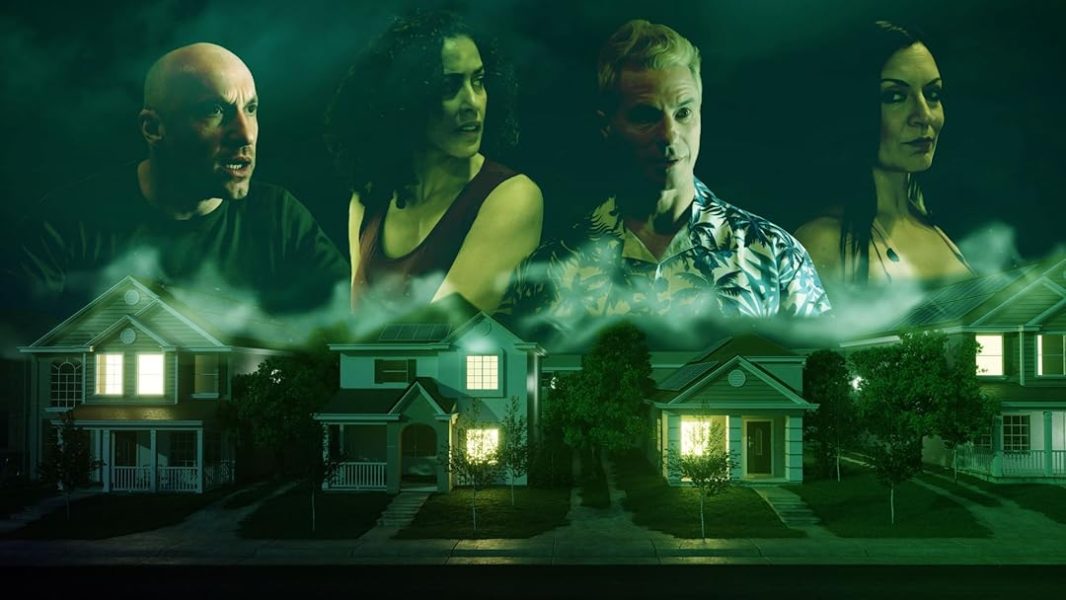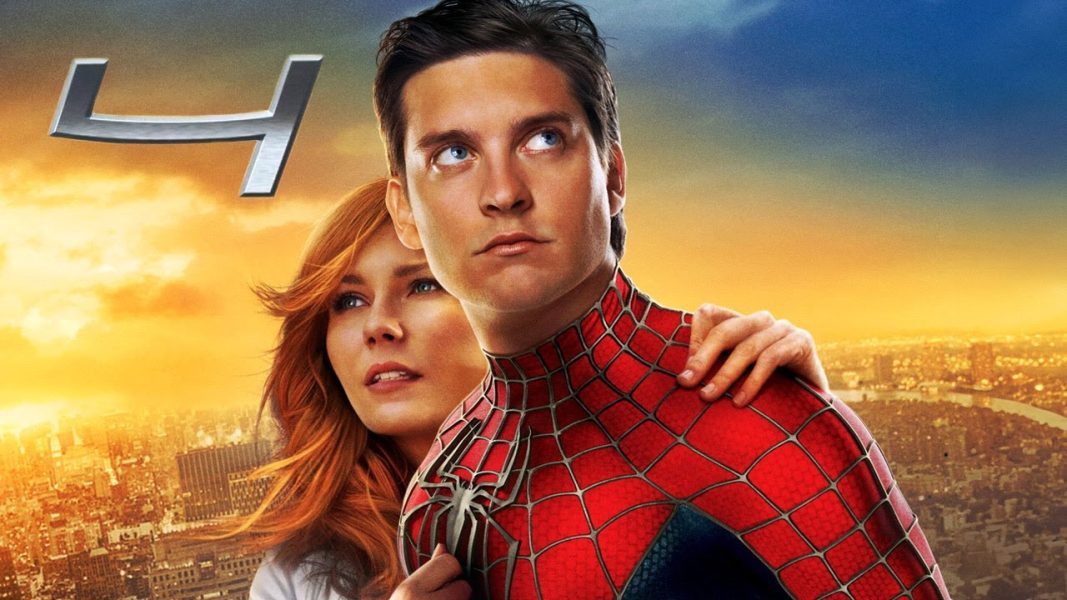The Summer We Died (2024)—Black Comedy Horror like No Other!

It’s no secret that rebellious teenagers and city-wide mandated curfews mix as well as oil and water. But what happens when a killer is out on the loose in the wee hours of the night? Are you as a parent worried about the worst possible outcome? Of course you would be! Dillon Brown’s latest feature film The Summer We Died explores the dangerous possibilities of what happens when an unstoppable force meets an immovable object.
As summer approaches, a series of brutal murders conducted by “The Moonlight Killer” shocks a small Nevada town. The police issue a curfew at 8:00 P.M. to ensure the safety of the townsfolk. Despite these murders, three friends Baby Girl (played by Hannah Welty), M (played by Amanda Morgan) and Darlin’ (played by Grace Winters) wish to spend their summer together having as much fun as possible. Their parents become increasingly frustrated with their children’s disregard for safety as more and more people wind up dead on the news. Distressed, they band up together to find the killer’s true identity.
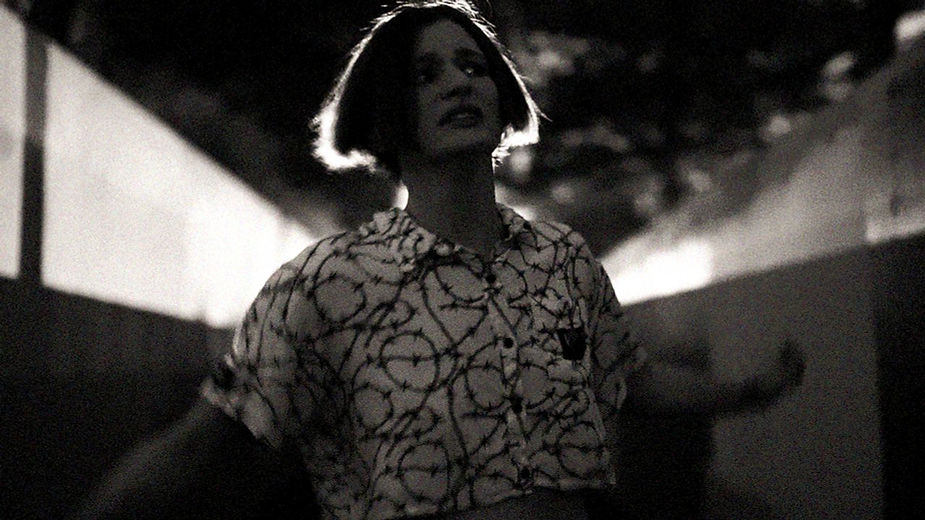
If you’re used to Horror Dadz Productions and Dillon Brown’s films, you’d know that they specialize in found footage horror. However, The Summer We Died blends found footage and traditional filmmaking techniques. Although the film is shot in third person point of view, characters will talk directly to the camera in between scenes, allowing us to juxtapose their words with their inner thoughts. This ranges from Darlin’ expressing how creepy someone is to Baby Girl flipping off her dad to the camera. For comparison, go check out either The Office or Total Drama Island. This technique is largely done in long-running TV series, rarely in film and I’m impressed with how smoothly Dillon blends the two styles.
Going in, I was expecting something more along the lines of Heathers meets I Know What You Did Last Summer. But after watching it twice, the movie feels more like Lady Bird meets Terrifier. I never thought I wanted that combo, but here we are. And you know what? It actually works! You get the atmosphere and editing seen in most indie or arthouse films contrasted with the gory horror seen in slashers. Not to mention that the writing and acting both go hand in hand in misleading you. You feel safe and in control of the plot’s direction throughout most of the movie. Until you realize that you don’t. And when you DO realize this, it’s too late. Your entire world is flipped on you as you realize how cryptic the acting and writing really is. This is how you do a tone switch: you slowly build towards the tone you want to switch to. I have yet to see such a film that can switch up its tone so effortlessly while not feeling out of place.
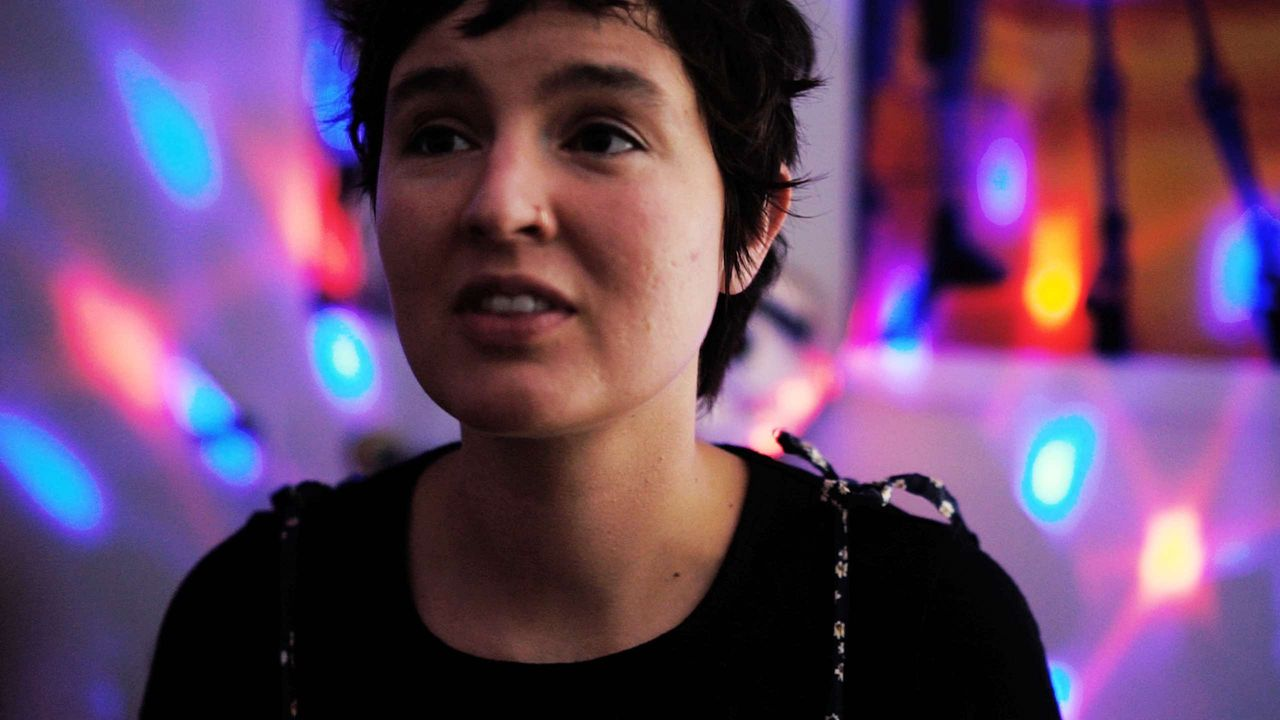
Like I’ve said in past reviews, I love how Horror Dadz Productions works with the same actors to allow them to explore their acting range. Amanda Morgan really shines as M. She can easily bounce off her co-stars Grace Winters and Hannah Welty, making their friendship feel believable and grounded. But my favorite scenes involve M and her father. Played by John Potash, M’s dad is a struggling alcoholic who is bitter that his wife left him. Despite their arguments and his increasingly self-destructive behavior, M loves him and cares deeply for him. These scenes also highlight John Potash’s versatility, going from the witty and entertaining Curator in Midnight Feature to a broken man in this movie. And despite his own flaws, he still cares for M and her wellbeing.
Naturally being a horror film, we get our fair share of blood, violence and death. And while the fake blood is used very effectively, especially when we see characters choking on it as they die, I wish we got more bruising. We see characters beaten to a paste (one with even a makeshift knuckleduster), yet they only spit out blood without a single contusion or cut on their face. I know that Dillon and Horror Dadz Productions can do a spectacular job with special effects makeup (just take a look at Tahoe Joe 2), so I was a bit disappointed that they didn’t use any bruising makeup. Despite that, we do get some really impressive masks and body casts for the murder scenes. In fact, several of the body casts even surpass examples from classic slashers such as the original Friday the 13th. This shouldn’t be a surprise, as one of the reasons why I love Dillon’s movies is his creativity to make the most out of a small production budget.
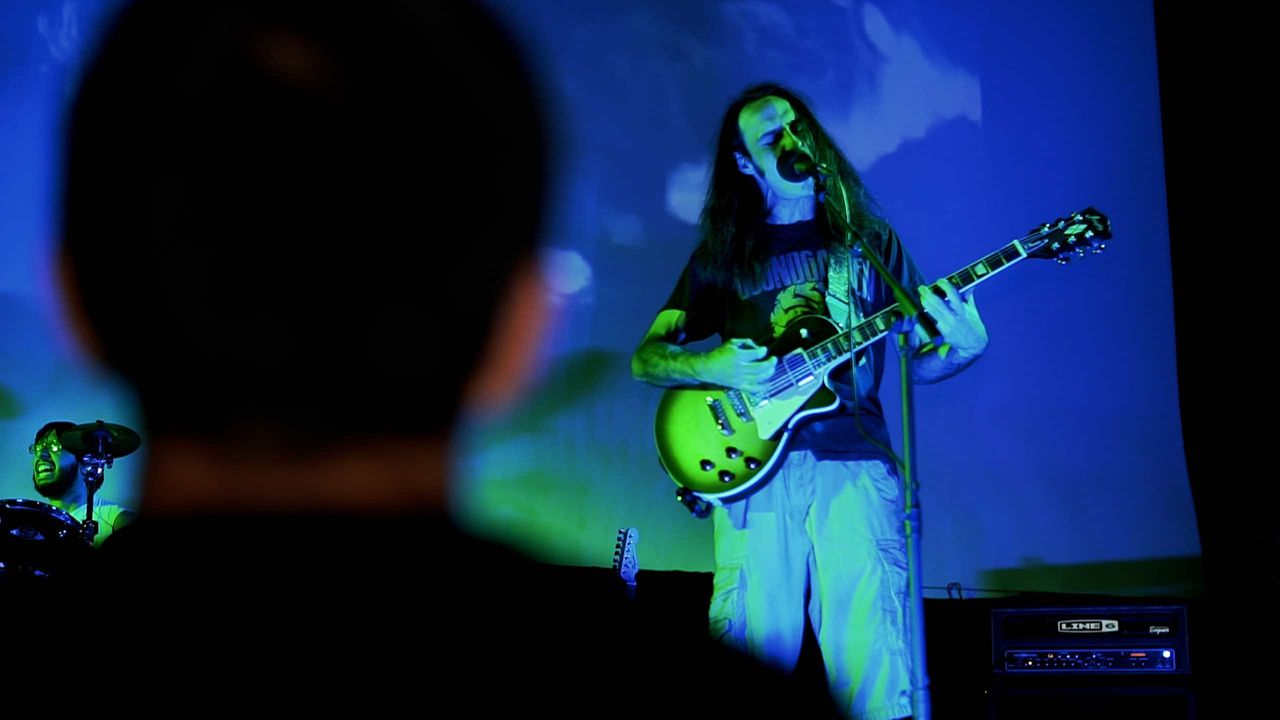
If you think I’ll tell you to go watch The Summer We Died once, you’d be dead wrong. In fact, you should give it at least two watches as I did. After you give it a second watch, you’ll fully understand everything and appreciate the dialogue and acting even more than during your first watch. Despite a few small hiccups, Dillon Brown’s latest feature film is a fantastic deviation from his usual found footage films without losing any of the heart. If you’re looking for a wickedly devious black comedy with a touch of slasher gore and violence, look no further! The Summer We Died may just be what the (plague) doctor prescribed.


